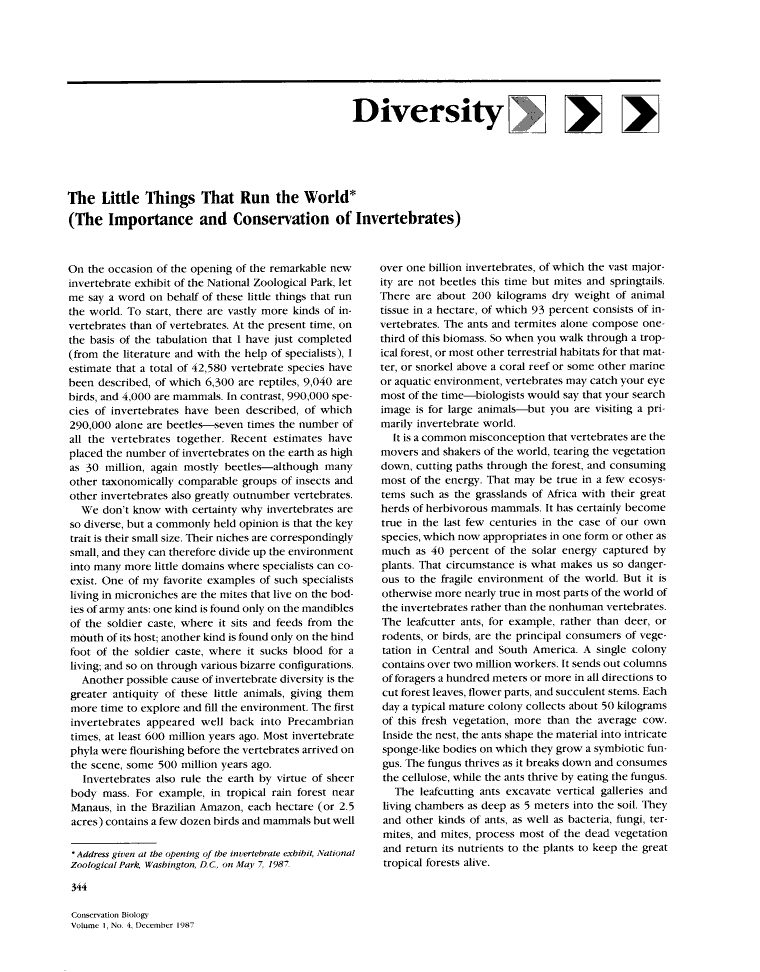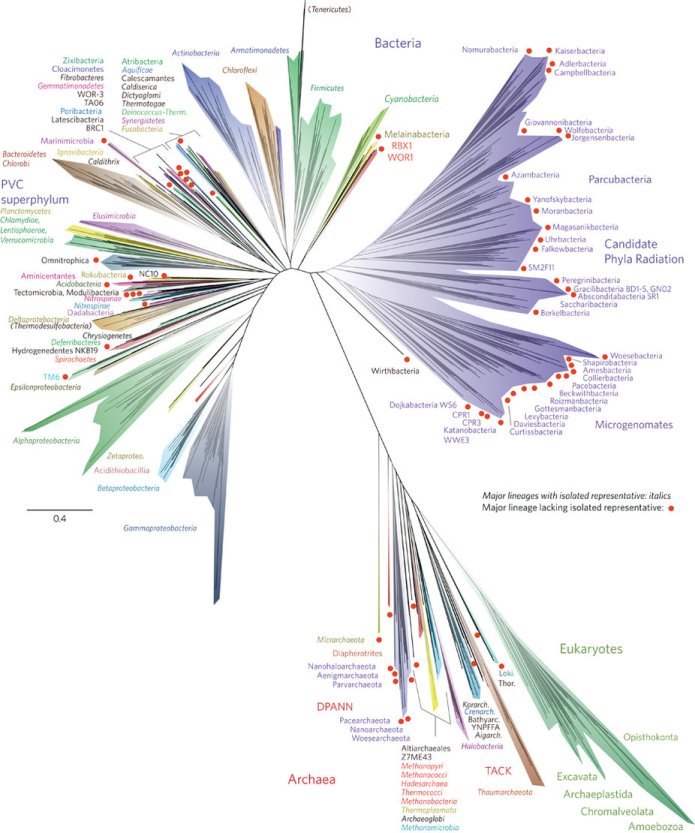Missing Bugs
February 2019
Missing Bugs
Via the Guardian / Plummeting insect numbers 'threaten collapse of nature'
Insect collapse: ‘We are destroying our life support systems’
Via the NY Times / The Insect Apocalypse Is Here
The world’s insects are hurtling down the path to extinction, threatening a “catastrophic collapse of nature’s ecosystems”, according to the first global scientific review.
More than 40% of insect species are declining and a third are endangered, the analysis found.
Insects... are “essential” for the proper functioning of all ecosystems, the researchers say, as food for other creatures, pollinators and recyclers of nutrients.
“Unless we change our ways of producing food, insects as a whole will go down the path of extinction in a few decades. The repercussions this will have for the planet’s ecosystems are catastrophic...."
The analysis, published in the journal Biological Conservation, says intensive agriculture is the main driver of the declines, particularly the heavy use of pesticides. Urbanisation and climate change are also significant factors.
The new analysis selected the 73 best studies done to date to assess the insect decline. Butterflies and moths are among the worst hit. Bees have also been seriously affected...
“The main cause of the decline is agricultural intensification. That means the elimination of all trees and shrubs that normally surround the fields, so there are plain, bare fields that are treated with synthetic fertilisers and pesticides.” The demise of insects appears to have started at the dawn of the 20th century, accelerated during the 1950s and 1960s and reached “alarming proportions” over the last two decades.
In the tropics, where industrial agriculture is often not yet present, the rising temperatures due to climate change are thought to be a significant factor in the decline.
“The evidence all points in the same direction,” said Prof Dave Goulson at the University of Sussex in the UK. “It should be of huge concern to all of us, for insects are at the heart of every food web, they pollinate the large majority of plant species, keep the soil healthy, recycle nutrients, control pests, and much more. Love them or loathe them, we humans cannot survive without insects.”
NYT / We’ve named and described a million species of insects, a stupefying array of thrips and firebrats and antlions and caddis flies and froghoppers and other enormous families of bugs that most of us can’t even name. (Technically, the word “bug” applies only to the order Hemiptera, also known as true bugs, species that have tubelike mouths for piercing and sucking — and there are as many as 80,000 named varieties of those.) The ones we think we do know well, we don’t: There are 12,000 types of ants, nearly 20,000 varieties of bees, almost 400,000 species of beetles, so many that the geneticist J.B.S. Haldane reportedly quipped that God must have an inordinate fondness for them.
A bit of healthy soil a foot square and two inches deep might easily be home to 200 unique species of mites, each, presumably, with a subtly different job to do. And yet entomologists estimate that all this amazing, absurd and understudied variety represents perhaps only 20 percent of the actual diversity of insects on our planet — that there are millions and millions of species that are entirely unknown to science.
Insects are the vital pollinators and recyclers of ecosystems and the base of food webs everywhere. Riis was not alone in noticing their decline. In the United States, scientists recently found the population of monarch butterflies fell by 90 percent in the last 20 years, a loss of 900 million individuals; the rusty-patched bumblebee, which once lived in 28 states, dropped by 87 percent over the same period. With other, less-studied insect species, one butterfly researcher told me, “all we can do is wave our arms and say, ‘It’s not here anymore!’ ” Still, the most disquieting thing wasn’t the disappearance of certain species of insects; it was the deeper worry... that a whole insect world might be quietly going missing, a loss of abundance that could alter the planet in unknowable ways.
“We notice the losses,” says David Wagner, an entomologist at the University of Connecticut. “It’s the diminishment that we don’t see.”
~
- Agricultural Economics
- Agriculture
- Atmospheric Science
- Alternative Agriculture
- Aquifers
- Appropriate Technology
- Biodiversity
- Biogeosciences
- Bioneers
- Bioregionalism
- Climate Change
- Climate Policy
- Earth Science
- Eco-nomics
- Ecological Economics
- Ecology Studies
- Ecoregions
- EOS eco Operating System
- Extinction
- Farm-Related Policies
- Food
- Food-Related Policies
- Forests
- Global Security
- Green Best Practices
- Land Ethic
- Permaculture
- Pesticides
- Resilience
- Soil
- Sustainability
- Sustainability Policies
- Water
- Water Quality
- Watersheds
- Wetlands

